PCCP
The journal for high quality research in physical chemistry, chemical physics and biophysical chemistry.
Chair: Anouk Rijs
Open Access: Hybrid
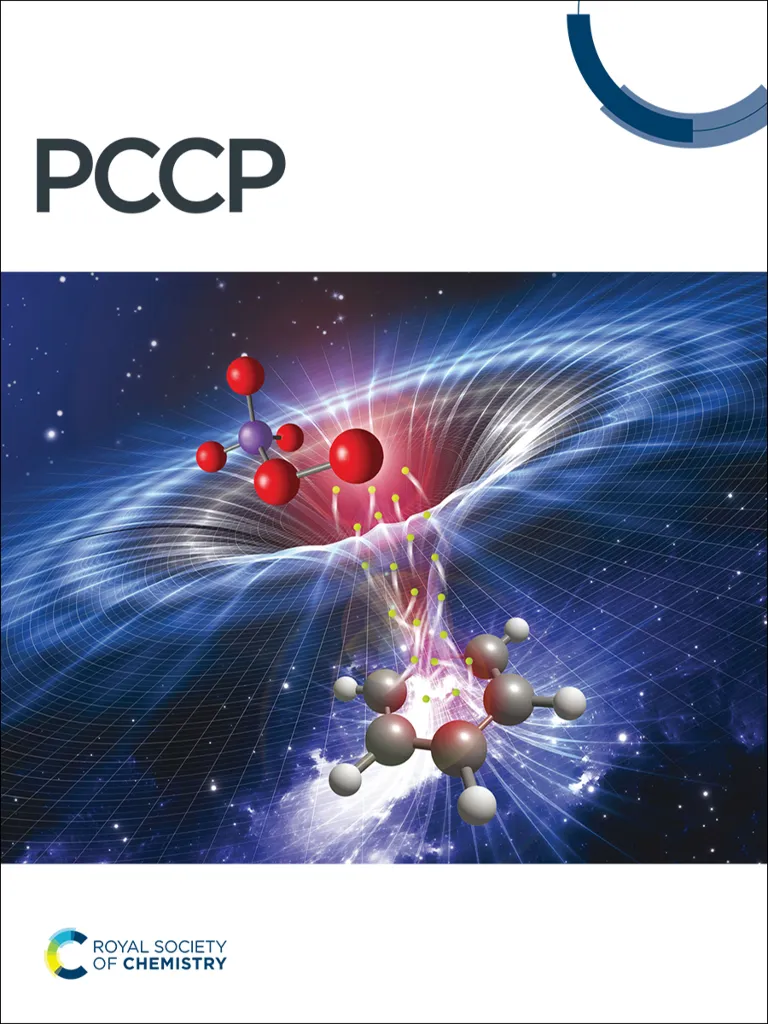
Physical Chemistry Chemical Physics (PCCP) is an international journal co-owned by 19 physical chemistry and physics societies from around the world. This journal publishes original, cutting-edge research in physical chemistry, chemical physics and biophysical chemistry. To be suitable for publication in PCCP, articles must include significant innovation and/or insight into physical chemistry; this is the most important criterion that reviewers and Editors will judge against when evaluating submissions.
ISSN: 1463-9084
Indexed in: MEDLINE, Web of Science
Journal Impact factor
2.9 (2024)
First decision time (all)
28 days
First decision time (peer reviewed)
34 days
Scope
The journal has a broad scope and welcomes contributions spanning experiment, theory, computation and data science. All contributions, including computational ones, should be based on up-to-date approaches. Topical coverage includes spectroscopy, dynamics, kinetics, statistical mechanics, thermodynamics, electrochemistry, catalysis, surface science, quantum mechanics, quantum computing and machine learning. Interdisciplinary research areas such as polymers and soft matter, materials, nanoscience, energy, surfaces/interfaces, and biophysical chemistry are welcomed if they demonstrate significant innovation and/or insight into physical chemistry. Joint experimental/theoretical studies are particularly appreciated when complementary.
Readership
PCCP has a large and international readership, which spans many communities in the broad fields of physical chemistry, chemical physics and biophysical chemistry.
Information for authors
Want to publish in this journal? Our author guidelines explain how to prepare and submit your article and provide useful information on the review and publication process including transfers, revisions and any article processing charges (APCs) that may apply.
You can read our payments and funding information for further details about APCs, which may apply for publishing open access in this journal, as well available discounts and waivers.
You may be able to publish open access in this journal, with no APC to pay, if your institution has an open access agreement with us. You can use our journal finder tool to check for agreements between us and your institution.
Meet the team

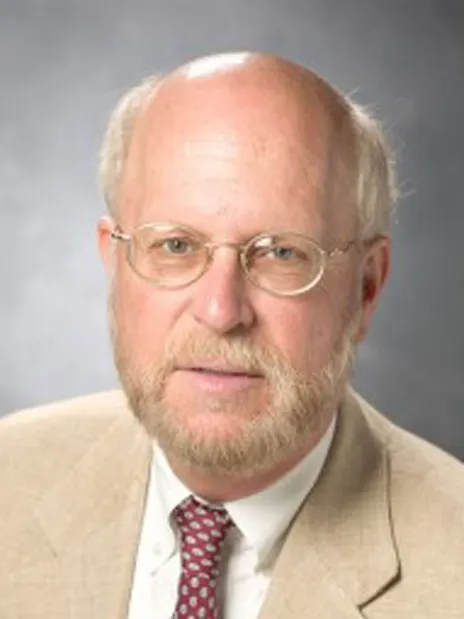
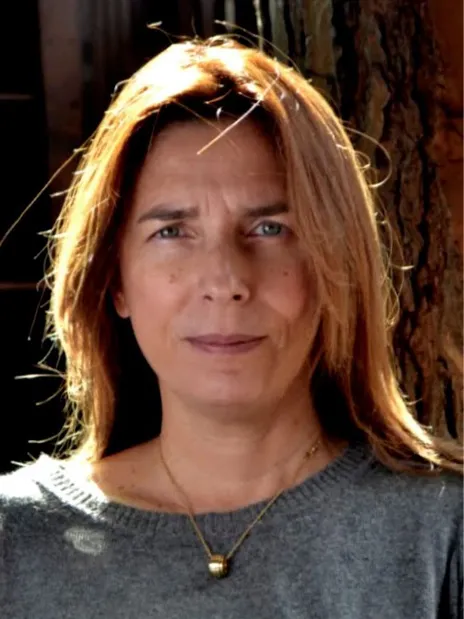
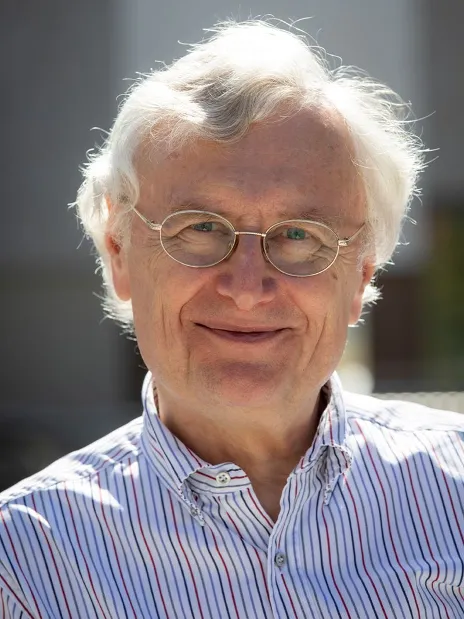
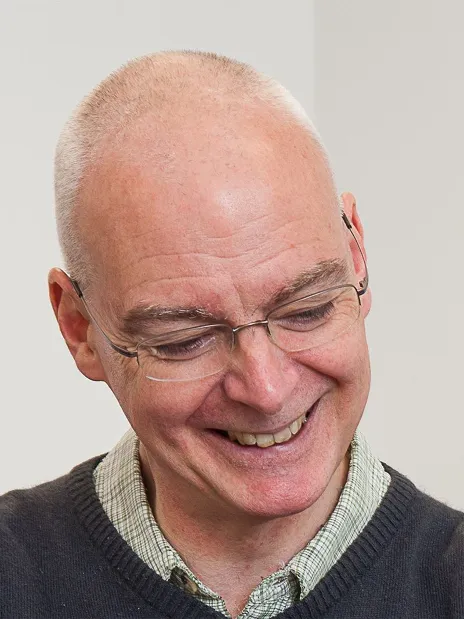

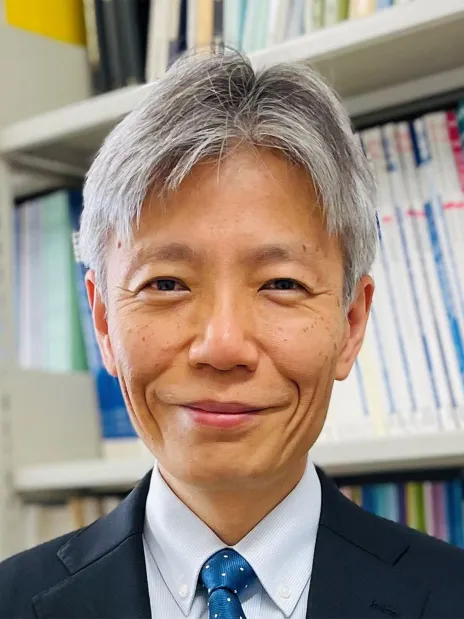


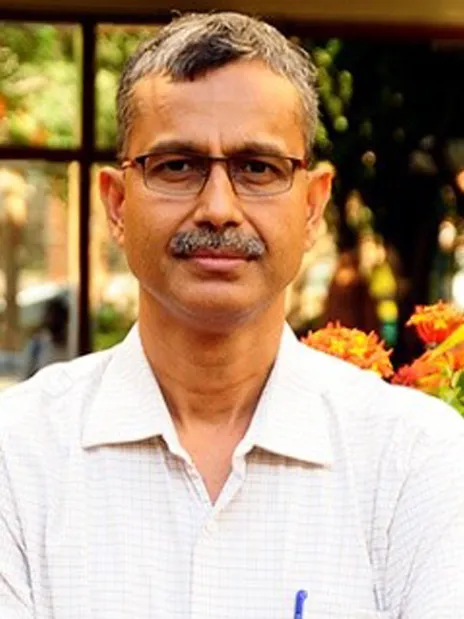
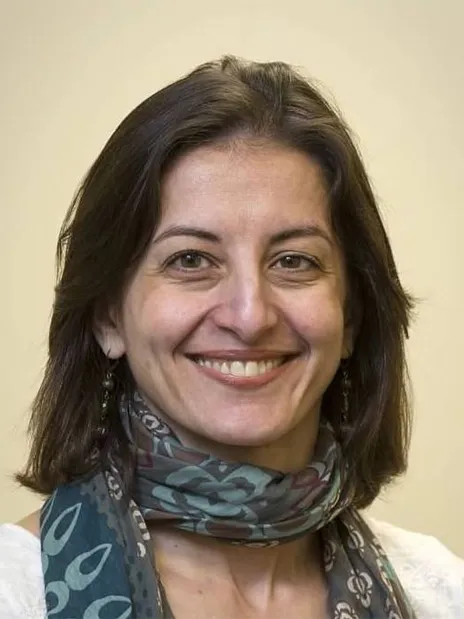
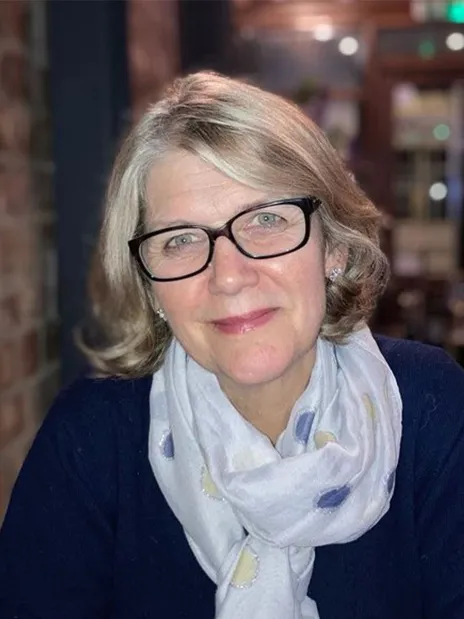



C Adamo
ENSCP Chimie Paris Tech
Hans Ågren
KTH Royal Institute of Technology
Ayyappanpillai Ajayaghosh
NIIST
Bo Albinsson
Chalmers University of Technology
Paul Ayers
McMaster University
Piero Baglioni
University of Florence
Luis Bañares
Universidad Complutense de Madrid
Vincenzo Barone
Scuola Normale Superiore di Pisa
Evan Bieske
University of Melbourne
Julie Biteen
University of Michigan
Piergiorgio Casavecchia
University of Perugia
Ove Christiansen
University of Aarhus
G Andres Cisneros
University of North Texas
Sonia Coriani
Technical University of Denmark
Chantal Daniel
Institute of Chemistry
Mattanjah DeVries
University of California Santa Barbara
Cristina Díaz
Universidad Complutense de Madrid
Jairton Dupont
UFRGS
Daan Frenkel
University of Cambridge
Asuka Fujii
Tohoku University
Laura Gagliardi
University of Minnesota
Marie-Pierre Gaigeot
Universite d'Evry val d'Essonne
Robert (Benny) Gerber
Hebrew University Jerusalem
Debashree Ghosh
IACS
Daniella Goldfarb
Weizmann Institute of Science
Stefan Grimme
Universität Bonn
Martina Havenith
Ruhr-University Bochum
Krister Holmberg
Chalmers University of Technology
Yasuhiro Iwasawa
The University of Tokyo
Denis Jacquemin
Université de Nantes
Erin Johnson
Dalhousie University
Seong Keun Kim
Seoul National University
Julie MacPherson
University of Warwick
Hedi Mattoussi
Florida State University
Frank Neese,
Max Planck Institute for Chemical Energy Conversion
David Nesbitt
University of Colorado
Dan Neumark
University of California Berkeley
Modesto Orozco
IRB Barcelona - Parc Científic de Barcelona
G Naresh Patwari
Indian Institute of Technology Bombay
Marie-Paule Pileni
Pierre and Marie Curie University
Martin Pumera
Central European Institute of Technology
Pekka Pyykkö
University of Helsinki
Mary Rodgers
Wayne State University
Srinivasan Sampath
Indian Institute of Science
Ruth Signorell
ETH Zürich
Timothy Schmidt
University of New South Wales
Martin Suhm
University of Göttingen
Arthur Suits
University of Missouri
Dage Sundholm
University of Helsinki
Toshinori Suzuki
Kyoto University
Alessandro Troisi
University of Liverpool
Shimon Vega,
Weizmann Institute of Science
David Waldeck
University of Pittsburgh
Li-jun Wan
Chinese Academy of Sciences
Xueming Yang
Dalian Institute of Chemical Physics
Anne Zehnacker-Rentien
Université Paris-Sud 11
John Zhang
NYU Shanghai
Michael A. Rowan
Executive Editor
Edward Gardner
Deputy Editor
Bee Hockin
Development Editor
Andrea Carolina Ojeda-Porras
Development Editor
Sam Keltie
Publisher
Gisela Scott
Editorial Manager
Chris Goodall
Associate Editorial Manager
Catherine Au
Publishing Editor
Isobel Darlington
Publishing Editor
Konoya Das
Publishing Editor
Alexandre Dumon
Publishing Editor
Charley James
Publishing Editor
Amy Lucas
Publishing Editor
Kieran Nicholson
Publishing Editor
Rini Prakash
Publishing Editor
Daphne Houston
Editorial Assistant
Robert Griffiths
Publishing Assistant
G Ertl
Berlin
B Feringa
University of Groningen
S W Hell
Max Planck Institute for Biophysical Chemistry
J Jortner
Tel Aviv
M Karplus
Harvard University
K Kohse- Hoeinghaus
Universitaet Bielefeld
Y T Lee
Academia Sinica
W H Miller
University of California Berkeley
E Neher
Max Planck Institute for Biophysical Chemistry
J Polanyi
Toronto
H Schwarz
Technische Universität Berlin
J P Simons
University of Oxford
Gabor A Somorjai
University of California Berkeley
Jürgen Troe
GWDG
R N Zare
Stanford
Discover the PCCP owner societies
PCCP is co-owned by a group of 19 chemistry, physical chemistry and physics societies from around the world.
J Andréasson, Sweden (Svenska Kemisamfundet)
L Bañares, Spain (Real Sociedad Española de Química)
D Berti, Italy (Società Chimica Italiana)
A Brown, Canada (Canadian Society for Chemistry)
O Crescenzi, Italy (Società Chimica Italiana)
H Fielding, UK (Royal Society of Chemistry)
L Hviid, The Netherlands (Koninklijke Nederlandse Chemische Vereniging)
T Joo, Korea (Korean Chemical Society)
J Keegan, Ireland (Institute of Chemistry of Ireland)
R Ludwig, Germany (Deutsche Bunsen-Gesellschaft für Physikalische Chemie)
J Macpherson, UK (Royal Society of Chemistry)
M Mahramanlioglu, Turkey (Türkiye Kimya Dernegi)
S Masters, New Zealand (New Zealand Institute of Chemistry)
M Pettersson, Finland (Suomalaisten Kemistien Seura I Finland)
M Quack, Switzerland (Swiss Chemical Society)
S Skrzypek, Poland (Polskie Towarzystwo Chemiczne)
E Uggerud, Norway (Norsk Kjemisk Selskap)
S Vogel, Denmark (Kemisk Forening)
R Wester, Austria (Österreichische Physikalische Gesellschaft)
D Wilson, Australia (Royal Australian Chemical Institute)
T Zidki, Israel (Israel Chemical Society)

Royal Australian Chemical Institute

Austrian Physical Society
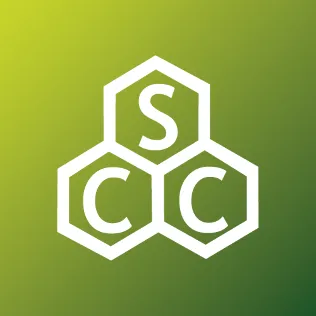
Canadian Society for Chemistry
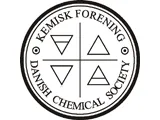
Danish Chemical Society
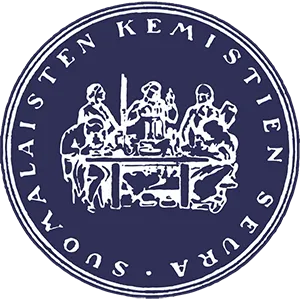
Finnish Chemist Society

German Bunsen Society
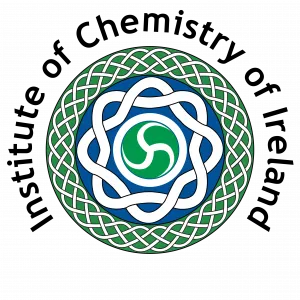
Institute of Chemistry of Ireland

The Israel Chemical Society

Italian Chemical Society

Korean Chemical Society

New Zealand Institute of Chemistry

Polish Chemical Society

Royal Spanish Society of Chemistry
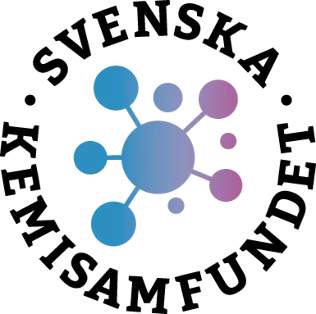
The Swedish Chemical Society

Swiss Chemical Society

Royal Netherlands Chemical Society

Turkish Chemical Society
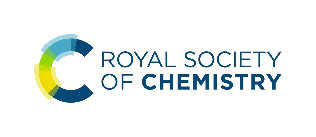
Royal Society of Chemistry
Read this journal
Paper
Prediction of solution phase association constants by mapping contact points in intermolecular complexes
Paper
Reposition Pathways of GTP in Orthoflavivirus NS5-Methyltransferase Revealed by Enhanced Molecular Dynamics Simulations
Paper
Red blood cell Raman microscopy: modelling sub-cellular biochemistry
Paper
Generalized quadratic model for charge transfer
More from this journal
Contact the journal team
We're here to help. Contact the journal team if you have any questions about publishing your paper with us.
Sign up for journal email alerts
Get table of contents alerts and notifications about calls for papers, themed issues and more.
